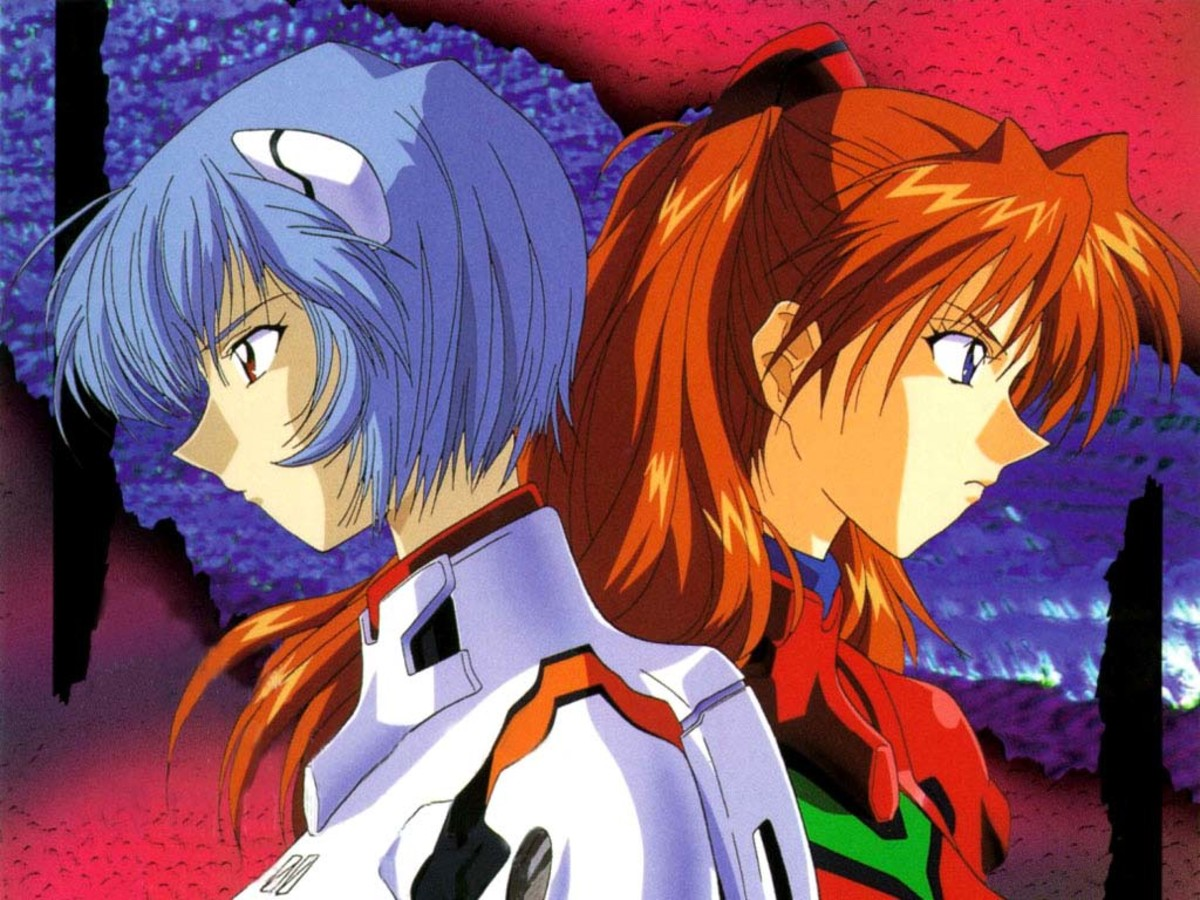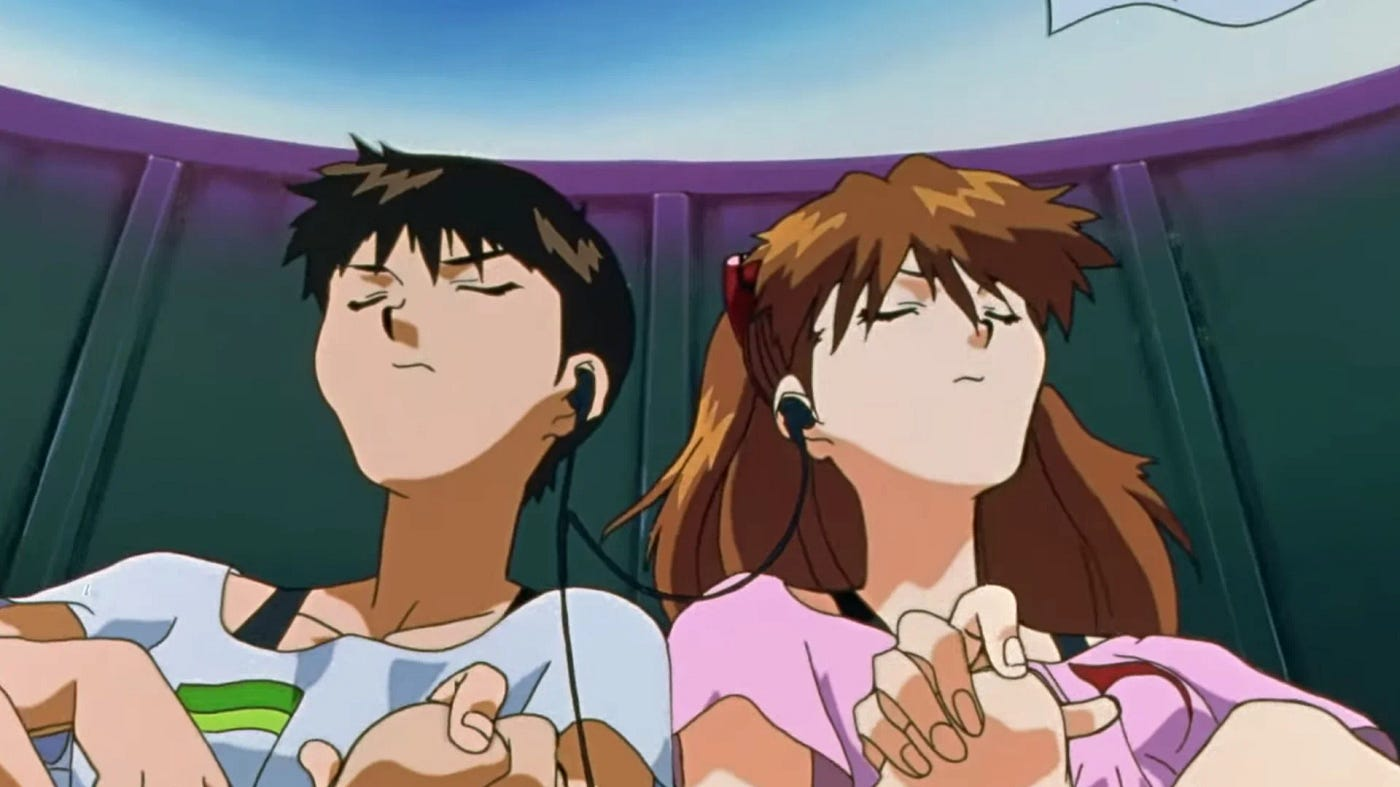Asuka Langley Soryu, one of the main characters in the popular anime series “Neon Genesis Evangelion,” has long been a subject of fascination and debate among fans. While some viewers admire her fiery spirit and determination, others find her character flaws to be off-putting. In this blog post, we will delve into the ten ways in which Asuka ruined her likability, exploring the aspects of her personality and behavior that have divided the fanbase.
Arrogance and Overconfidence:
One of the most prominent traits that undermine Asuka’s likability is her excessive arrogance and overconfidence. She often belittles and berates her fellow pilots, particularly Shinji, which creates a hostile atmosphere and alienates her from the audience.
Inability to Form Meaningful Relationships:
Asuka’s inability to establish meaningful connections with others is another factor that diminishes her likability. Her abrasive attitude and emotional walls prevent her from forging genuine bonds, making it challenging for viewers to empathize with her struggles.
Jealousy and Resentment:
Throughout the series, Asuka harbors intense jealousy and resentment towards Rei, another pilot. Her constant need to compete and prove herself superior not only creates unnecessary tension but also paints her in an unsympathetic light.
Emotional Instability:
Asuka’s emotional instability is a significant deterrent to her likability. She frequently displays erratic behavior, ranging from explosive anger to crippling self-doubt, leaving viewers uncertain of how to relate to her character.
Attention-Seeking Behavior:
Asuka often seeks attention and validation from those around her, resorting to provocative and attention-grabbing actions. While this may be a coping mechanism for her insecurities, it comes across as attention-seeking and further distances viewers from sympathizing with her.
Lack of Empathy:
Asuka’s lack of empathy towards others, particularly Shinji, diminishes her likability. She rarely considers the feelings or needs of those around her, prioritizing her own desires above all else. This self-centeredness undermines her ability to form meaningful connections.
Refusal to Accept Help:
Despite facing numerous challenges, Asuka consistently refuses to accept help or support from her peers. This stubbornness and refusal to acknowledge her limitations not only hinders her growth but also frustrates viewers who want to see her overcome her personal struggles.
Insecurity Masked by Bravado:
Beneath Asuka’s tough exterior lies a deep-seated insecurity that she attempts to mask with bravado. However, her constant need to prove herself and maintain an image of strength often comes across as insecure and desperate, further distancing viewers from connecting with her character.
Lack of Character Development:
Throughout the series, Asuka’s character development is relatively stagnant compared to other main characters. Her flaws remain largely unchanged, making it difficult for viewers to invest in her growth or root for her redemption.
Contributing to Toxic Relationships:
Asuka’s tumultuous interactions with Shinji and other characters contribute to the toxic relationship dynamics within the series. Her volatile behavior and inability to communicate effectively perpetuate a cycle of emotional turmoil and hinder the overall likability of her character.
While Asuka Langley Soryu undoubtedly has her own set of strengths and complexities, it is essential to acknowledge the ways in which she undermines her likability. From arrogance and emotional instability to jealousy and a lack of empathy, Asuka’s character flaws create obstacles for viewers to fully connect with her. However, it is precisely these flaws that make her a compelling and divisive character, sparking discussions and debates among Evangelion fans that continue to this day.










